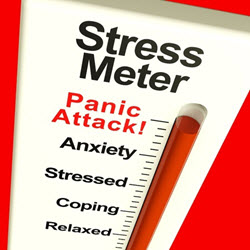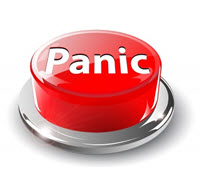6 Must-Do’s for Getting to Sleep
In our busy everyday lives, most of us are much better at preparing for our day than preparing for bedtime. Here are 6 tips to put on your to-do list for transitioning to bedtime: If it has an On/Off switch, choose “Off” 30 minutes before bedtime. This means rounding up the usual suspects – the TV, anything with an “I” (I phone; I Pod; I Pad) and any other device that falls in the technology category. It’s impossible to wind [...]










